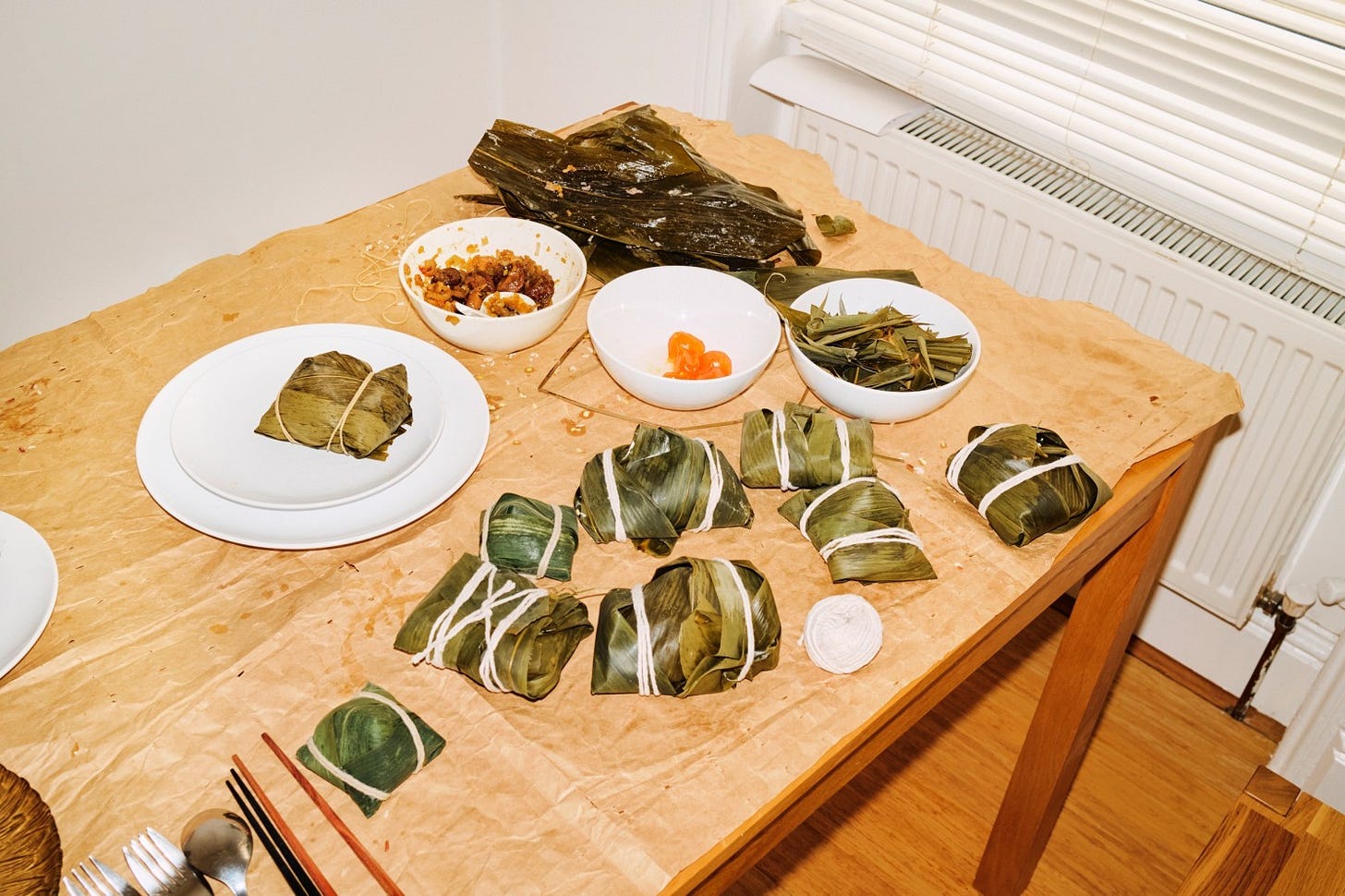How Food Became a Storyteller
In the indie food world, the narratives behind what is, at the end of the day, pure sustenance has evolved into captivating sagas, life stories, and intricacies of our favourite artisanal delicacies, and the culture that connects all of us behind it. A few months ago, we wrote about the rise of food and beverages as an everyday luxury, an everyday indulgence amidst a cost of living crisis, a more broad example of the lipstick effect.
Recently, when doing a shop, I find myself stuck at the dichotomy between opting for locally sourced indie brands versus industry monoliths, especially as we read more about ‘shrinkflation’ and the price gouging from said monoliths (why are my crisps packets smaller and more expensive!?). Walkers or Torres? Heineken or Two Tribes? As an advertising gal myself, I found myself plagued by the psychology of brand loyalty (well, that’s part of my job, but I naively thought I was immune to it…). Am I anchored in nostalgia, retreating to the simplicity and comfort of Cadbury chocolate buttons as they remind me of my childhood, or do I now view my snacking habits as a conduit for immersive storytelling, finding myself keen to explore more diverse and locally-rooted culinary narratives?
Delving into the psyche of contemporary consumers, a report from Botrista illuminates a profound shift in how we perceive food and beverages—not merely as consumables, but as extensions of our identity, vehicles for self-expression, and canvases for storytelling. The sentiment finds resonance in Cassandra's 2022 survey, revealing that more than half of Gen-Zers believe that what they eat is indicative of who they are as a person—an emblem of individuality carved from every morsel and sip. This burgeoning cultural ethos is palpable across social media platforms, where Instagram feeds brim with the kaleidoscopic allure of artisanal beverages and snacks, from natural wines to craft beers, and from Perello Olives to Everything Bagel crisps, exuding an aesthetic charm that captivates the senses. Food is how we assert ourselves everyday, it’s an everyday proactive choice to express ourselves, our likes and dislikes, and ultimately communicate how we want to be in this world.
Kinda like fashion, no? Well, exactly, except amidst a cost of living crisis, we’re finding ourselves pivoting away from frivolous materialism in fashion (Gen-Zs like thrifting more anyway), and that luxury has transcended material possessions towards experiential indulgences - the thrill of discovering a new restaurant, mastering a novel recipe, or savouring an innovative food product.
For Gen-Z, renowned for their thriftiness and disdain for mass-produced homogeneity, the allure of indie brands lies in their narrative richness, their promise of uniqueness, and their ethos of independence. It's a sentiment reflected in the success story of DELLI, an online marketplace that has redefined the paradigm of food shopping. While mainstream supermarkets offer convenience, DELLI tantalises with the allure of storytelling—each product bearing the imprint of its creator's passion and heritage. DELLI’s success, and differentiation from other online food markets like Ocado, rests in their storytelling and commitment to community. Nowadays, nearly all the big supermarket titans offer some form of delivery service, but DELLI’s appeal lies in the intricate storytelling of their products.
From Mama Yu’s chilli oil - crafted by a mother-daughter duo, to Papo’s Bagels - bagels steeped in the tradition of native New Yorkers, every item becomes a portal into a world of culinary craftsmanship and cultural resonance. The niche appeal of their products means they can’t be produced en masse, and combined with the ‘drop culture’ of DELLI, it makes the products feel luxurious and elusive. There’s an intimacy involved, a peek into the lives and stories behind our cult classic favourites. Importantly, there’s community constructed through storytelling, which is always a pillar of success for brands and products like this.
More than half of Gen-Zers believe that what they eat is indicative of who they are as a person (Cassandra's 2022 survey).
The allure of DELLI isn't merely in its products but in the ethos it embodies—the celebration of community, craftsmanship, and narrative. In a world saturated with mass-produced goods, supporting indie sellers becomes an act of rebellion - a vote for diversity, authenticity, and the enduring power of storytelling. It's a movement that transcends mere consumerism, forging connections between producers and patrons, weaving a tapestry of shared experiences and collective identity.




